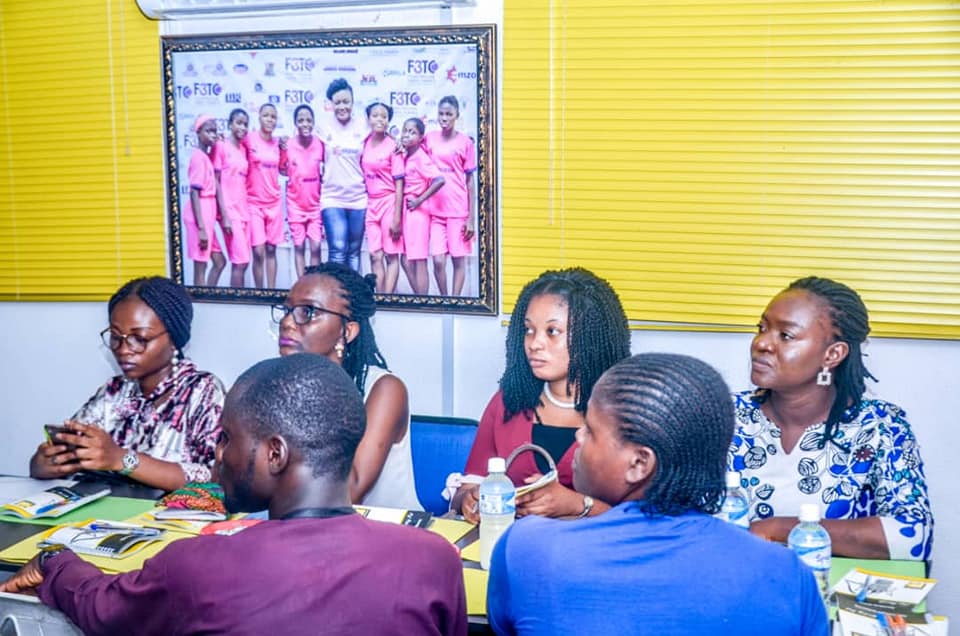The media has been urged to include more female voices in their reporting and close the gender gap in news reporting and newsroom leadership.
The call was made by panelists during the X space held by the Wole Soyinka Centre For Investigative Journalism (WSCIJ) on October 15 2024 on the theme “Strategies for Integrating Female Voices in News and Newsroom Leadership”.
A broadcast journalist in Voice of Nigeria, Funke Fayemi urged the media to champion inclusivity, break free from bias and prevent norms from holding them back.
She acknowledged that while challenges persist in achieving gender balance in news reporting and newsroom leadership, there is a growing recognition of the vital role women play and the unique perspectives they bring in news stories.
According to her, there are difficulty journalists encounter when seeking to include women’s opinions and perspectives on important issues.
“When reporting is going on, we discover we have more men. Journalists finds it difficult to have women talk about critical issues such as politics and agriculture”.
To address the challenges journalists encounter when seeking to include women’s opinions and perspectives on critical issues, she noted that WSCIJ had launched a website “Resource Guide” with over 500 women from diverse backgrounds, each with expertise in various fields, ready to share their insights and perspectives.
A senior Correspondent at TVC, Sarah Ayeku reflected on her personal experience with gender discrimination “during Edo Governorship election when she was posted to a particular senatorial district.
“I got calls from about three male reporters and their question was “why would they send a lady to this particular senatorial district that is violent?.
“At some point, I got scared and I asked my boss why he chose me and his response was ‘ Let Sarah go there, she will do the job and deliver. I did the job and I delivered”.
Ayeku appealed to media managers to encourage female reporters to take on major beats as this would help them find their purpose.
Executive Director of Africa Foundation for Young Media Professionals, Yinka Olaito highlighted key strategies that have successfully worked for his organization.
These strategies include creating a curriculum that meets the needs of the people, engaging specific audiences or target audiences, educating and exposing audiences to opportunities, and evaluating progress.
He also encouraged heads of organisations to be patient with slow learners, nudging them to be their best and not give up in their strive for the best.


